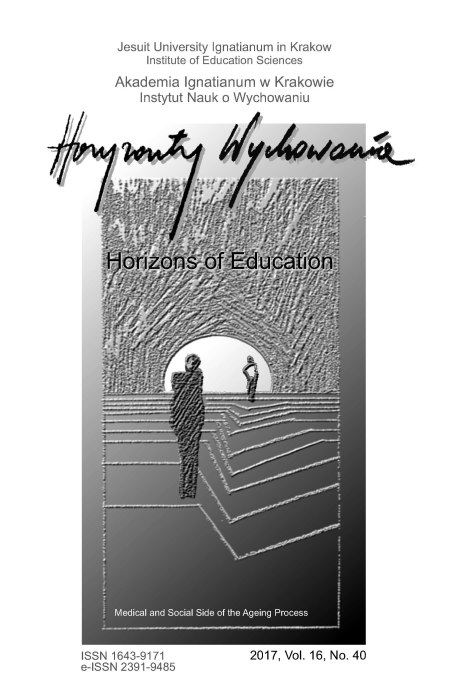The Deaf Humanist. Can Music Philosophy Educate Listeners Today?
The Deaf Humanist. Can Music Philosophy Educate Listeners Today?
Author(s): Anna Chęćka-GotkowiczSubject(s): Philosophy, Education, Music
Published by: Uniwersytet Ignatianum w Krakowie
Keywords: music; listening; understanding; humanistic education;
Summary/Abstract: RESEARCH OBJECTIVE: This article is intended as a contribution to discussion on the role of music philosophy in educating contemporary participants in the world of culture. From a broader perspective, it fosters reflection on the condition of the humanities today. THE RESEARCH PROBLEM AND METHODS: The author makes use of traditional literary studies, employing, as a music philosopher, a speculative method and availing herself of the tools of analytical philosophy; she also refers to the empirical experiences of musicians and listeners. THE PROCESS OF ARGUMENTATION: The argumentation is based on metacritical analysis of the subject literature within the scope of trends and challenges in music philosophy. The author considers the possibility of educating sensitive and active receivers of classical music. She invokes the reflection of the philosopher Peter Kivy in light of the discussion carried on with him by James O. Young and Jerrold Levinson. Irrespective of their differences of opinion, these philosophers all emphasised the role of the aesthetic education of the listener. The author highlights points on which the philosophers’ dispute is merely superficial. RESEARCH RESULTS: The subject literature is dominated by the analytical model. This results partly from the obligation to imitate the sciences that weighs upon the humanities and also from subjecting the results of humanistic reflection to processes of parametrisation. Music philosophy and musicology are increasingly divorced from live experience and are turning into elite disciplines, reserved solely for a narrow group of specialists. Therefore, we should aspire to specifying how the academic goals of music-related study can be reconciled with the mission of disseminating the culture of listening to music and understanding it. CONCLUSIONS, INNOVATIONS AND RECOMMENDATIONS: The idea of interdisciplinary reflection on the experiencing of music should be promoted among scholars (musicologists and music philosophers).
Journal: Horyzonty Wychowania
- Issue Year: 16/2017
- Issue No: 40
- Page Range: 161-171
- Page Count: 11
- Language: English

